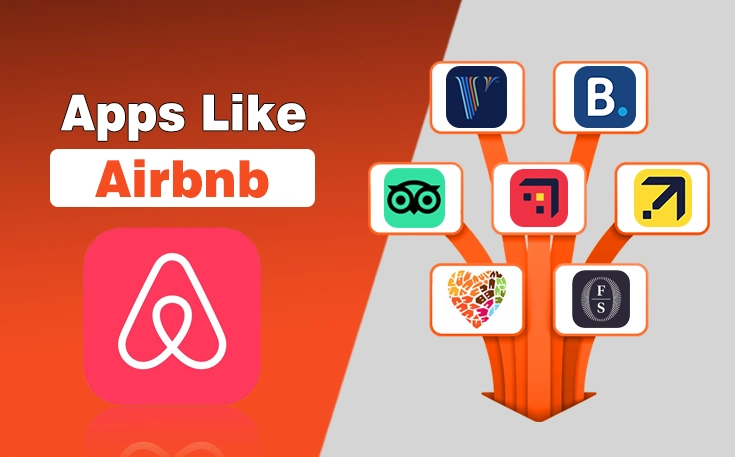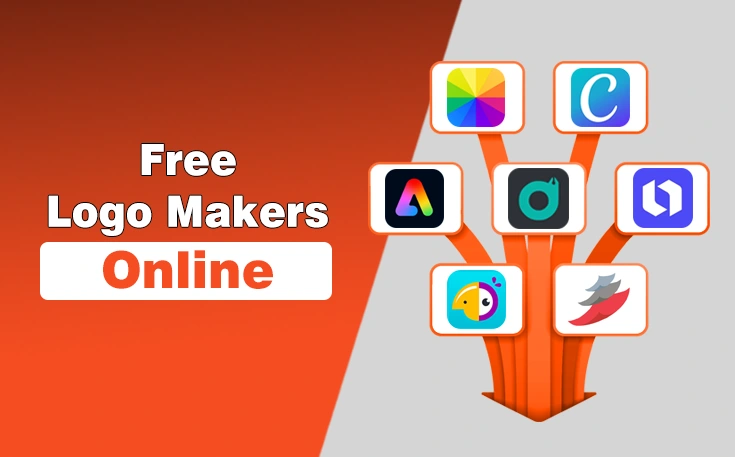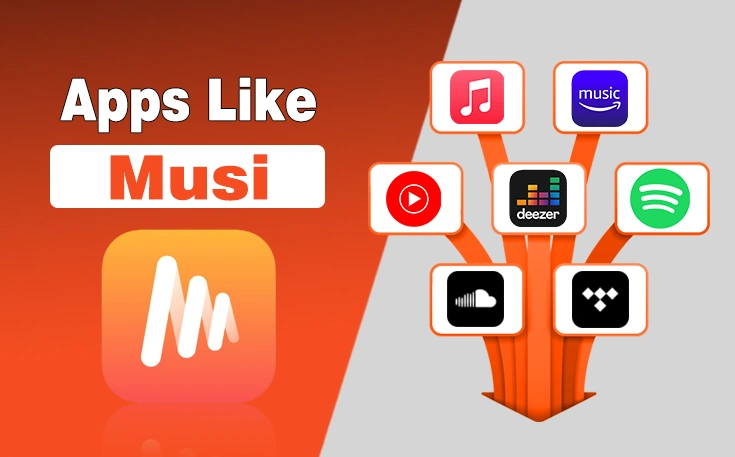Why are you tired of blogging? Uncertain income, technical challenges, market saturation, or investment might be the cause. Yes, you can leave blogging, but you can’t sit idle to wait for someone to come and show you a new working field. So, to help you get rid of blogging and engage yourself in a productive and profitable field, 8 alternatives are mentioned below. All of these alternatives are super interesting to do and ensure sound income. However, you need to be consistent to become successful in any of the mentioned fields below.
8 Interesting & Profitable Alternatives of Blogging
If you’re fed up with blogging, simply go through the following alternatives. Each of the alternatives is mentioned with its benefits and “how to do” procedure. So, find the one you love and start working on it immediately.
1- Vlogging
Vlogging makes you confident and provides a good income source. It gives you creative liberty by allowing you to create the content you find suitable. It also helps you build a strong bond and trust with your viewers. To start vlogging, you can choose YouTube since it is the second-largest search engine.
You can select multiple niches for vlogging, such as family life, selling products, product reviews, and any other field of life.
- How to start vlogging:
- Choose a niche first. (make sure to choose an evergreen niche)
- In the second step, you need to create your channel on YouTube.
- Purchase a quality camera and video editing tool.
- Record videos and post them on your YouTube Channel.
2- Podcasts
Podcasts let you quickly interact with your audience and build a strong relationship. Since your audience can see you via podcasts, there is are high chance that they will start trusting you soon. And when people trust you, they will start buying the products you recommend to them. So, it becomes a big source of income for you. Moreover, getting views on YouTube will also help you earn a handsome amount of money.
Shortly, podcasts enable you to get your audience’s trust in a limited time frame and fast compared to other fields.
- How to start a Podcast:
- In the first step, you need to choose a niche. Ensure to choose an interesting niche.
- In the second stage, plan your content. For example, the duration of an episode, frequency, etc.
- Buy all podcast supplies like headphones, microphones, etc.
- Choose the hosting platform and other software to record and edit your podcast.
- Start publishing your podcasts on different platforms like Google Podcasts, Spotify, and iTunes.
- In the final stage, market your podcasts on different social media platforms.
3- Twitter & Tumbler Microblogging
People want to get maximum information in a short time span. As research by Contently mentioned that
“75% of people prefer to read short blogs based on 1000 words.”
This is called microblogging. You can use Twitter or Tumbler to start microblogging and attract around 75% online audience toward your content easily. You can educate your audience about your field and share your working experience. However, you need to be consistent to start microblogging. In case you stop publishing content on the platform after a few months, your audience will forget you and another person will take your place.

4- Email Newsletters
If you desire to communicate with your audience directly in their inbox, creating a Newsletter is what you need. It helps you educate your subscribers on the different topics related to your services or products.
Moreover, Email Newsleetes is considered a fast way to get the trust of your users, increasing brand identity and loyalty.
- How to Start Email Newsletters:
- Choose an Email autoresponder tool like MailChimp, Converkit, etc.
- Set up your email list and plan to create your content to send to your audience.
- Prepare your Newsletter based on articles, promotions, updates, or news.
- Select a newsletter template that fits your brand voice.
- Send the Newsletter daily and track its performance so you can make changes for improvement.
5- Online Courses & Tutorials
If you have expertise in any field, you must have an online course. Online courses help you set up a student community and share your knowledge. When people buy your courses, you receive a handsome amount of money that benefits your budget.
Udemy and Teachable platforms are the best and most trustworthy online course platforms. So, choose one or both of these platforms to sell your courses.
How to Start an Online Course:
- Choose an online course platform: Udemy or Teachable.
- Choose your course topic (make sure to pick a highly converting course topic).
Plan and structure your whole course in multiple sections/classes. - Record and edit your course with top-quality tools.
- Upload your course and market it on different social media platforms and using an Email Newsletter.
6- Social Media
As you know, everyone uses social media, whether it’s Instagram, Facebook, Twitter, LinkedIn or any other platform.
Each social media platform helps you directly interact with your target audience and pursue your brand or personal objective. However, before starting marketing on social media, you must know your target audience and the platform they most use.
Afterward, you can start social media marketing to achieve your brand’s goals. Starting a social media channel is a piece of cake. All you need to do is — make a profile and post quality content with consistency, and you’ll start receiving results soon.
7- E-Books & Digital Publishing
An EoBook helps you educate your audience on a particular topic in a detailed manner. It enables you to spotlight yourself as an expert in your field. Moreover, you can create an E-book in a suitable format and style, with no instructions to follow.
How to Start an E-book?
- Create a Google Account and Open Google Docx. to write the E-book.
- Select a topic that you are well-versed in.
- Create an outline for the E-book based on the topic you selected.
- Complete your E-book and make changes where needed.
- Create a grabbing cover for it and design it in an easy-to-read format.
- In the final stage, publish it on a platform like Amazon Kindle, Gumroad, etc.
8- Portfolio or Personal Services Website
Do you have a skill in any field? Then, why not make a personal portfolio website? This site will show your skills to your clients, increasing hiring chances. You can use your portfolio website on freelancing platforms like Fiver, Upwork, Guru, etc.
Moreover, you can make a website based on your services. Using SEO (search engine optimization) approach, you can rank this website for certain commercial keywords and offer your services globally.
However, before making a portfolio or services website, you must be good at one skill. Otherwise, no one will be interested in hiring you or availing of your services.
Bottom Line
If you’re feeling tired of traditional blogging, there are plenty of exciting alternatives to explore. Whether it’s vlogging, podcasts, microblogging, email newsletters, or other options, the key is consistency. Each alternative offers a unique way to connect with audiences and build a successful online presence. So, pick what suits you best, stay committed, and enjoy the journey beyond blogging.





